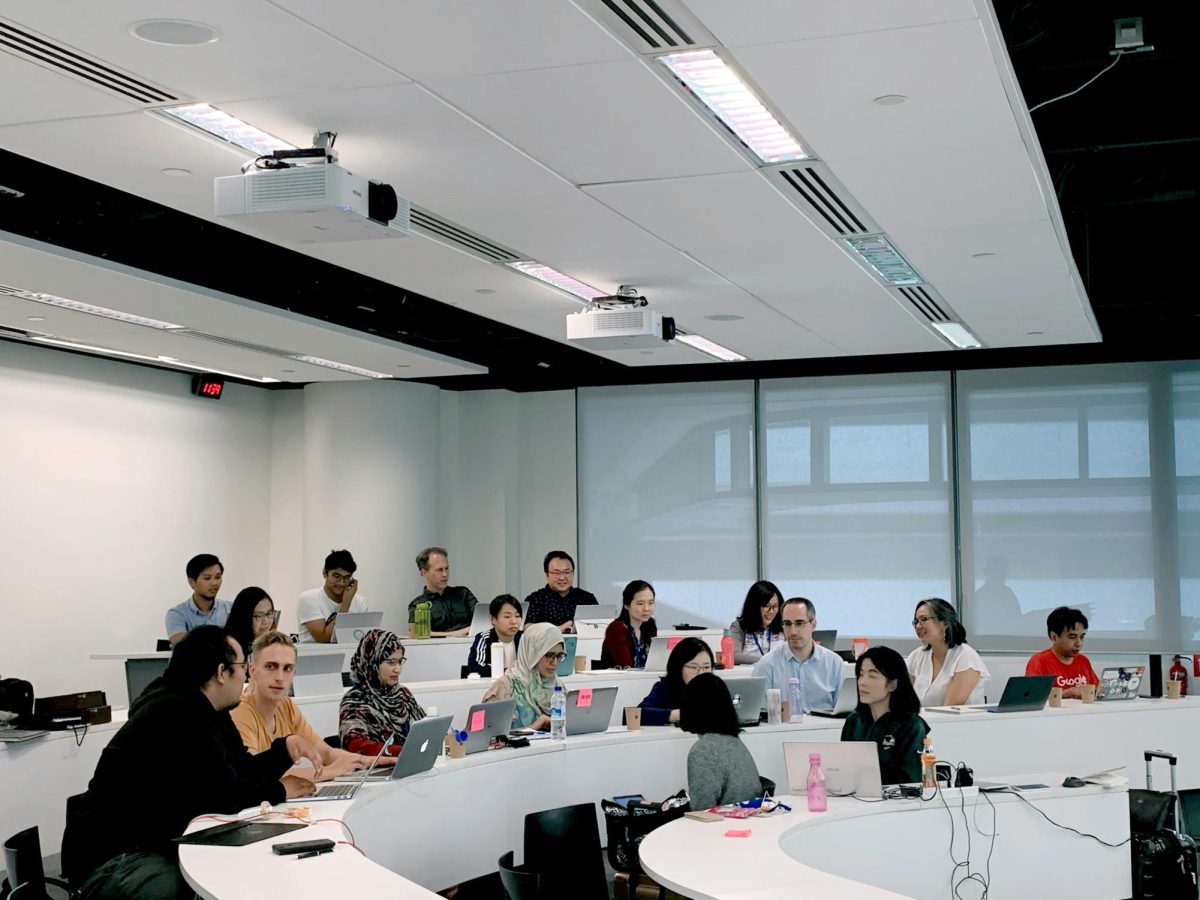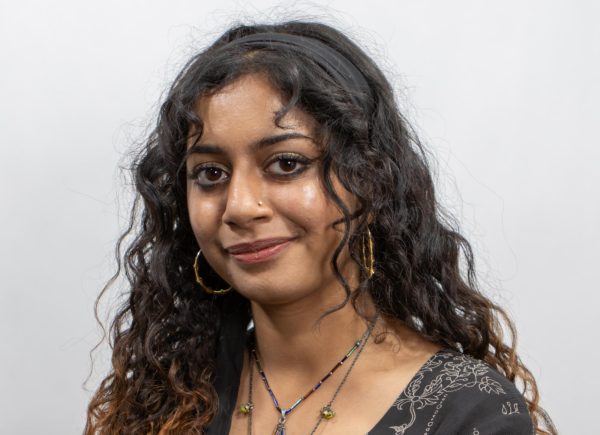The Living Literature event changed Rebecca Balcarcel’s life forever.
Before she was an associate professor of English on NE Campus, Balcarcel was a student at TCC interested in science. She initially attended the Living Literature event featuring Linda Pastan in 1991 for extra credit but left with a completely new path in life as a writer.
“I had never met a living poet before,” she said. “I thought all poets were dead. I was only 21, so seeing a poet standing there was very mind-blowing to me. I understood for the first time that one could have a creative life, that a person could build their life around writing, creating stuff and that was very exciting to me.”
On March 25, award-winning poet Chen Chen will be coming to NE Campus to speak to students about his work. His poems explore navigating the world as a queer Asian American and the various complexities that come with maintaining relationships.
Balcarcel said Chen’s work is raw and honest as he tells the truth about his life experiences.
“That takes courage,” she said. “I relate to it even though I’m not a man. I’m not Asian. There’s a lot of differences between us, but because his works are something human, I feel like I’m learning about myself, reading his work.”
Shewanda Riley, English department chair, said she enjoys Chen’s work because it challenges readers to have critical conversations with themselves and the people around them. She sees the event as opening audience members up to incorporating poetry in their everyday lives.
“So many people do not like poetry because they think, ‘Oh, it’s so hard, I don’t get it,’” she said. “I think if they come to his presentation, they will, number one, find another great poet that they can love, but then they can also realize that poetry is engaging, and it is not these kinds of distant, abstract ideas that don’t make sense.”
Balcarcel experienced this first-hand as a student when her instructor had her class read over some of Pastan’s work.
“I thought I was going to feel stupid reading poetry, like maybe I’m not smart enough to understand poetry,” she said. “But no, I understand these poems, especially with a little help from the teacher. I was able to enter these poems.”
She hopes the same will apply for students who attend Chen’s poetry reading and talks. Even if audience members end up not liking the poetry, they can gain a new perspective, she said.
“Maybe you walk away and say, ‘You know what? I didn’t like that. I don’t want to do that with language, but I want to do something else,’” she said. “I’m going to try my own experiment. I’m going to write a song. I’m going to write a story.”
Annette Cole, associate professor of English, said the pursuit of new experiences is what the Living Literature event aims to provide.
“A lot of students fancy themselves to be writers, to be poets, and I think that it would be great for them to see the process that they go through,” she said.
Riley said previous events have impacted students to write and engage with poetry. Her personal favorite was when Sonia Sanchez came in 2013.
“It was kind of a fan girl moment,” she said. “I was like, ‘I’m so excited. This is one of my icons.’ And to meet her, and then to see how students were impressed by her, I was just like, ‘Wow, this is the life.’”
The Living Literature events will consist of a reading and Q&A in NCAB 1111 at 6:30 p.m. on March 25.
There will also be two writing seminars with Chen in Center Corner on March 26 at 9:30 a.m. and 11 a.m.
Balcarcel encourages students to come to events to experience the impact of Living Literature themselves.
“It made me sit up taller,” she said. “It made me feel like something was ignited, and I could tell that it was special.”












































